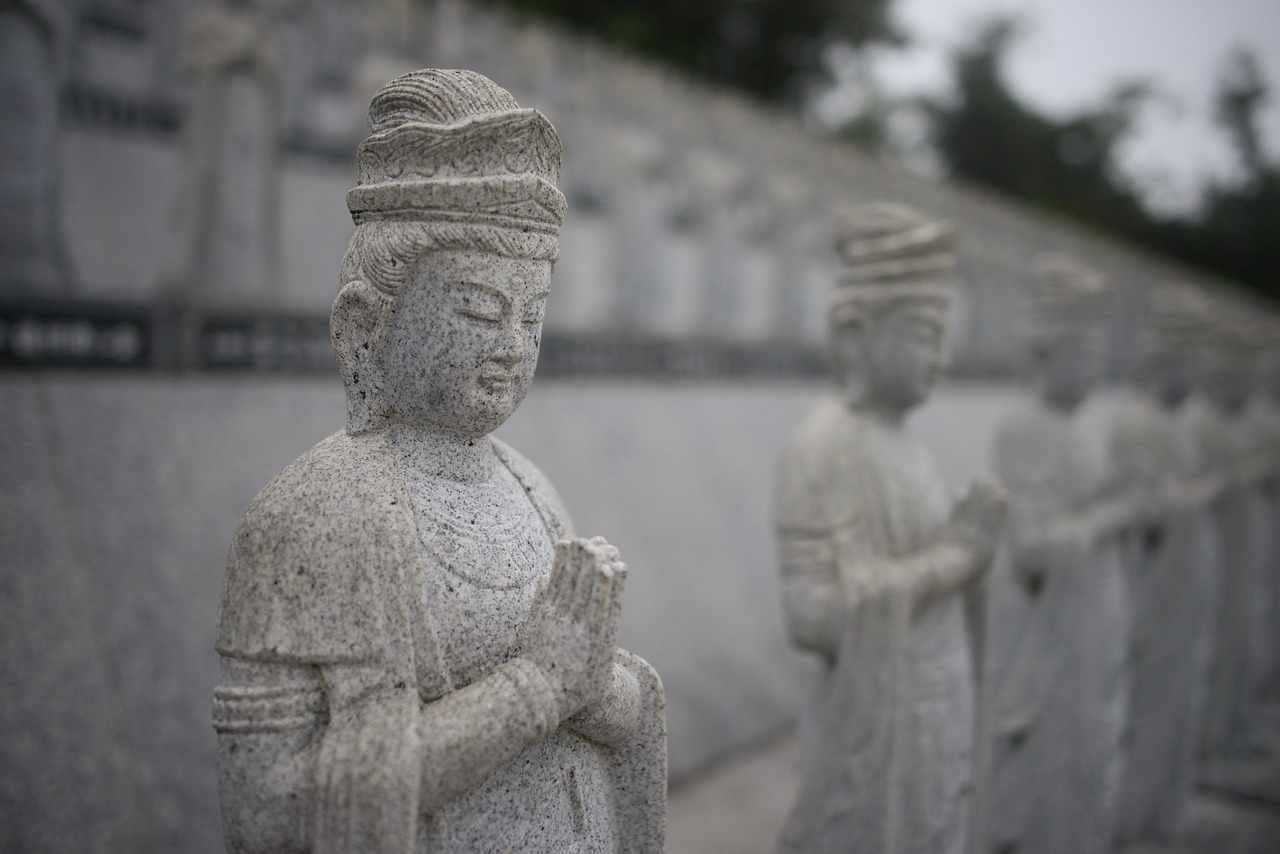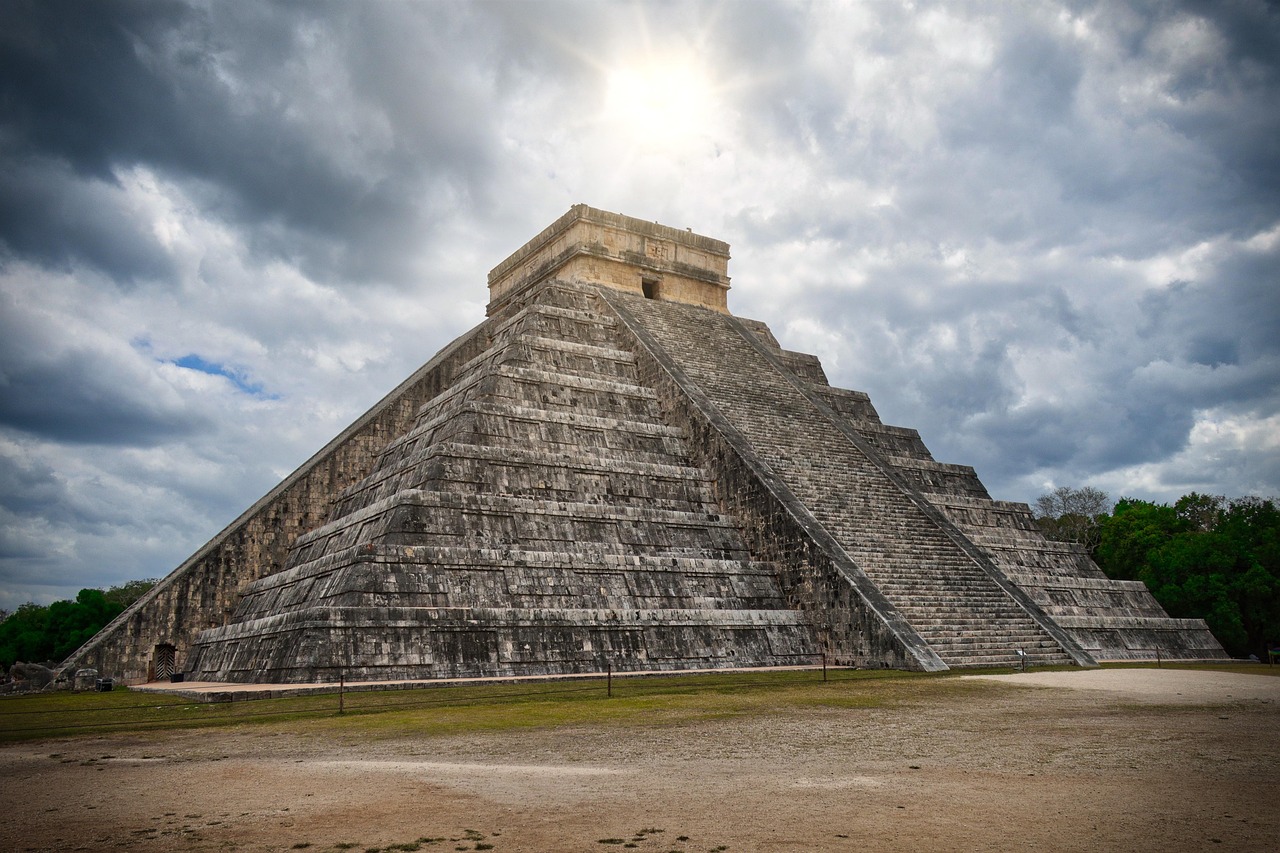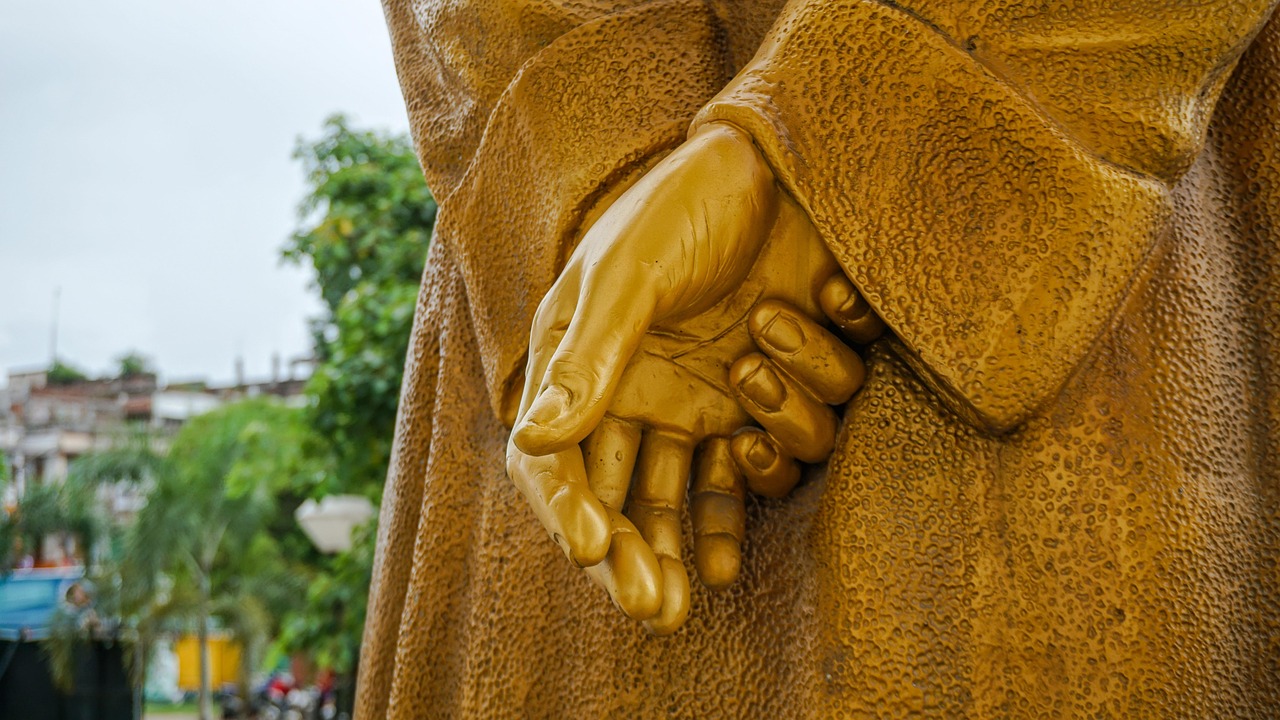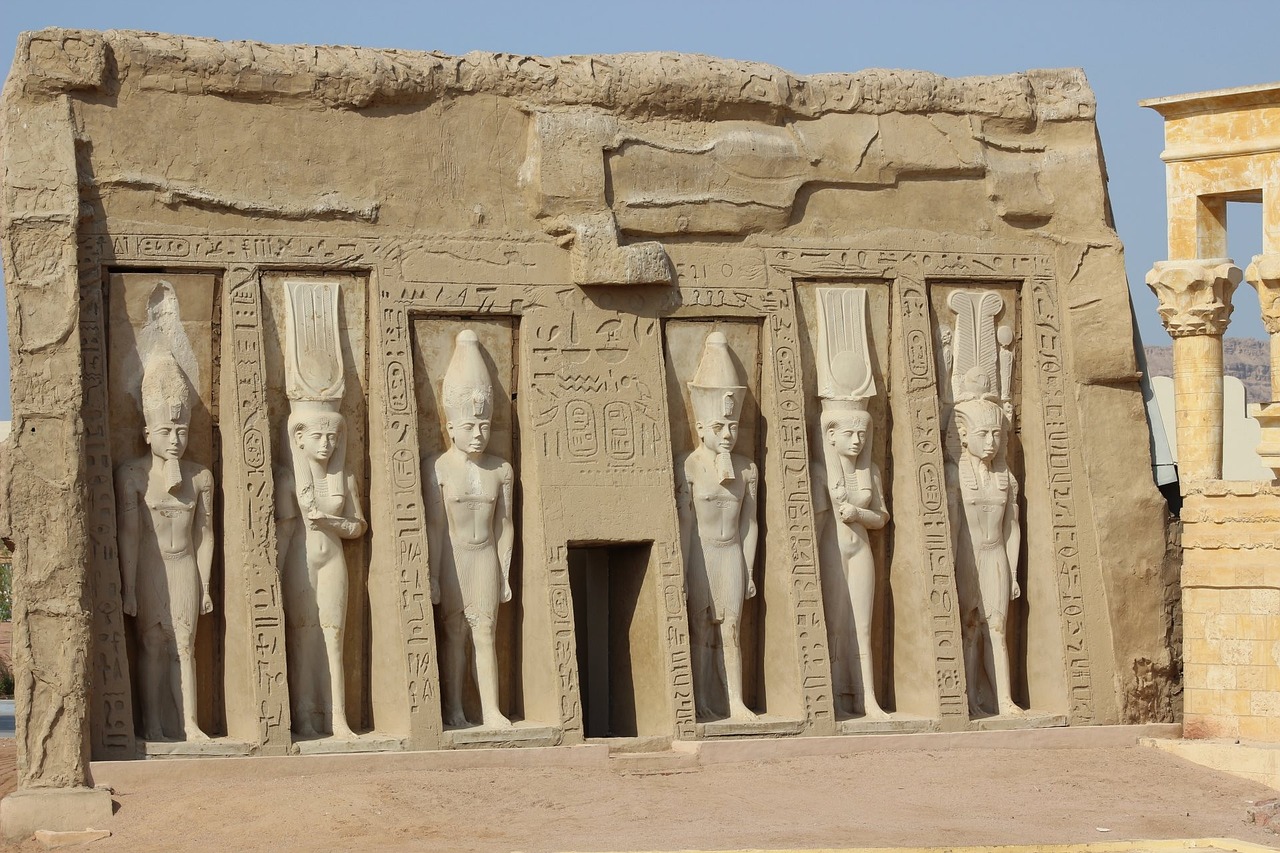This article explores the West Bengal Lottery, its structure, benefits, and societal effects. We delve into its history, regulations, and the role it plays in the local economy and community development.
Understanding the West Bengal Lottery System
The West Bengal Lottery is a government-initiated program designed to generate revenue while providing opportunities for citizens to win cash prizes. It operates under specific regulations to ensure fairness and transparency, making it a trusted option for many participants.
History of the West Bengal Lottery
The West Bengal Lottery has a rich history dating back to its inception in the early 1990s. Initially established to boost the state’s economy, it has evolved into a significant source of funding for various welfare programs aimed at improving the quality of life for residents.
Key Milestones in Lottery Development
- Introduction of online ticket sales
- Expansion of prize categories
- Implementation of digital platforms for results announcements
Government Initiatives and Regulations
The West Bengal government has implemented various initiatives to regulate the lottery effectively. These include strict licensing processes and regular audits to maintain transparency and integrity, ensuring that participants can trust the system.
Impact of Technology on Lottery Operations
With advancements in technology, the West Bengal Lottery has embraced digital platforms for ticket sales and results announcements, making participation more accessible to the public. This shift has significantly increased user engagement.
Challenges Faced by the West Bengal Lottery
Despite its success, the West Bengal Lottery faces challenges such as illegal lotteries and public skepticism regarding the fairness of the draws. Addressing these issues is crucial for its sustainability and continued public support.
Economic Impact of the West Bengal Lottery
The West Bengal Lottery significantly contributes to the state’s economy by generating revenue for public welfare programs. It also creates employment opportunities within the lottery sector, supporting local families.
Revenue Allocation for Public Welfare
A portion of the lottery revenue is allocated to various public welfare initiatives, including education, healthcare, and infrastructure development, benefiting local communities and enhancing overall quality of life.
Job Creation in the Lottery Sector
The lottery system has created numerous jobs, ranging from ticket vendors to administrative roles within the lottery department, contributing to economic stability in the region.
Social Impact of the West Bengal Lottery
The West Bengal Lottery influences social dynamics by providing financial support to families and individuals, fostering community engagement through events and promotions that unite residents.
Community Engagement and Events
Lottery draws often involve community events that promote local culture and unity, encouraging participation and fostering a sense of belonging among residents.
Addressing Social Concerns
While the lottery offers financial opportunities, it also raises concerns about gambling addiction and financial mismanagement. Initiatives to educate the public about responsible participation are essential for mitigating these issues.
Future Prospects of the West Bengal Lottery
Looking ahead, the West Bengal Lottery is poised for growth, with potential expansions into new markets and further integration of technology to enhance user experience and security.
Potential for Online Expansion
As online participation grows, the West Bengal Lottery may explore new digital platforms to reach a broader audience, ensuring its relevance in a changing landscape.
Innovations in Prize Structure
Future innovations may include diversified prize structures and promotional campaigns to attract more participants, enhancing the lottery’s appeal and increasing revenue for public welfare initiatives.

Understanding the West Bengal Lottery System
The West Bengal Lottery is a meticulously designed initiative by the government aimed at generating significant revenue while providing citizens with exciting opportunities to win substantial cash prizes. This system operates under a comprehensive framework of regulations that ensure both fairness and transparency, fostering trust among participants.
The lottery system is structured to cater to a diverse audience, allowing individuals from various backgrounds to participate. By purchasing tickets, citizens not only stand a chance to win but also contribute to the state’s economy. The revenue generated from ticket sales is allocated to various public welfare programs, enhancing the overall quality of life in the region.
One of the striking features of the West Bengal Lottery is its commitment to fair play. The government has instituted strict guidelines that govern the lottery’s operations. These regulations include:
- Licensing: Only authorized vendors can sell lottery tickets, ensuring that all transactions are legitimate.
- Regular Audits: The lottery is subject to frequent audits to maintain transparency and integrity in its processes.
- Public Disclosure: Results of the lottery draws are publicly announced, allowing participants to verify outcomes independently.
Furthermore, the West Bengal Lottery has evolved with the times, integrating technology into its operations. This includes online ticket sales and digital announcements of results, making participation more accessible and convenient for everyone. The use of technology not only streamlines the process but also enhances security, reducing the risks of fraud.
Despite its success, the lottery system faces challenges, including illegal lotteries that undermine its credibility. The government continues to address these issues through public awareness campaigns and strict enforcement of laws designed to protect participants. Overall, the West Bengal Lottery stands as a vital component of the state’s economic framework, providing both entertainment and essential funding for public welfare initiatives.

History of the West Bengal Lottery
The West Bengal Lottery boasts a fascinating history that began in the early 1990s, marking its establishment as a strategic initiative aimed at enhancing the state’s economic landscape. The primary objective was to generate revenue that could be funneled into various welfare programs designed to uplift the community and improve living standards.
Initially, the lottery was introduced as a response to the economic challenges faced by the state. The government recognized the potential of lotteries not only as a source of income but also as a means to provide citizens with the opportunity to win substantial cash prizes. This dual purpose has made the West Bengal Lottery a significant player in the region’s financial ecosystem.
Over the years, the West Bengal Lottery has evolved, adapting to changing societal needs and technological advancements. The introduction of online ticket sales in the early 2000s marked a pivotal milestone, allowing for greater accessibility and convenience for participants. This shift not only increased ticket sales but also broadened the demographic reach of the lottery.
Another noteworthy development was the expansion of prize categories, which now include various tiers of winnings that cater to a wider audience. This diversification has made the lottery more appealing, encouraging participation from different segments of society.
Furthermore, the West Bengal government has implemented strict regulations to ensure the integrity of the lottery system. Regular audits and licensing requirements have been established to maintain transparency and protect participants from fraudulent activities.
In conclusion, the history of the West Bengal Lottery reflects its journey from a simple revenue-generating initiative to a complex system that plays a crucial role in the state’s economy and welfare programs. As it continues to evolve, it remains a vital source of hope and opportunity for many residents of West Bengal.
Key Milestones in Lottery Development
Over the years, the West Bengal Lottery has undergone significant transformations that have shaped its current structure and operations. These changes have not only enhanced the lottery’s appeal but also improved accessibility for participants. Below are some of the notable milestones in the development of the West Bengal Lottery:
- Inception of the Lottery: The West Bengal Lottery was launched in the early 1990s as a government initiative aimed at generating revenue and supporting various welfare programs.
- Expansion of Ticket Sales: Initially limited to physical outlets, the introduction of online ticket sales marked a pivotal moment in the lottery’s history. This transition allowed participants to purchase tickets conveniently from their homes, significantly increasing participation rates.
- Diverse Prize Categories: The lottery has expanded its prize categories over the years, introducing various tiers of rewards to attract a wider audience. This innovation has made it possible for more participants to win, thus enhancing public interest.
- Technological Integration: With advancements in technology, the West Bengal Lottery has embraced digital platforms for ticket sales and results announcements. This shift has streamlined operations and made it easier for participants to engage with the lottery.
- Regulatory Enhancements: To maintain transparency and integrity, the West Bengal government has implemented strict regulations, including licensing processes and regular audits. These measures are crucial in building public trust in the lottery system.
- Community Engagement: The lottery has also focused on community involvement through events and promotions, fostering a sense of unity among residents and enhancing the social fabric of the region.
These milestones reflect the dynamic nature of the West Bengal Lottery and its ongoing commitment to adapt and evolve in response to the changing needs of its participants. As the lottery continues to grow, it remains a vital tool for economic development and community support in West Bengal.
Government Initiatives and Regulations
The West Bengal government has taken significant steps to ensure the effective regulation of the lottery system within the state. These initiatives are crucial for maintaining the integrity and transparency of lottery operations, which are vital for public trust and participation.
One of the primary measures implemented is the establishment of a stringent licensing process. This process requires all lottery operators to obtain a license from the government, ensuring that only credible and compliant entities can conduct lottery activities. The licensing criteria are designed to weed out fraudulent operators and provide a safe environment for participants.
In addition to licensing, the government conducts regular audits of lottery operations. These audits are essential for verifying that all financial transactions are accurately reported and that the draws are conducted fairly. By maintaining a rigorous audit schedule, the government can quickly identify and address any discrepancies or irregularities that may arise.
Furthermore, the government has established a comprehensive regulatory framework that outlines the rules and guidelines governing lottery operations. This framework includes provisions for advertising, ticket sales, and prize distribution, ensuring that all aspects of the lottery are conducted ethically and transparently.
To enhance public confidence, the West Bengal government also actively promotes public awareness campaigns. These campaigns aim to educate citizens about the lottery’s benefits and the measures in place to protect them from potential scams and illegal activities. By fostering a well-informed public, the government hopes to encourage responsible participation in the lottery.
In conclusion, the government of West Bengal has made substantial efforts to regulate the lottery system effectively. Through strict licensing processes, regular audits, and comprehensive regulations, it aims to create a fair and transparent environment for all participants. These initiatives not only protect consumers but also contribute to the overall success and sustainability of the lottery in the state.
Impact of Technology on Lottery Operations
In recent years, the integration of technology into the West Bengal Lottery has revolutionized the way tickets are sold and results are announced. This digital transformation has not only enhanced accessibility but has also improved the overall user experience for participants.
The shift to digital platforms has made it significantly easier for individuals to purchase lottery tickets from the comfort of their homes. No longer confined to physical retail outlets, players can now access the lottery through dedicated websites and mobile applications. This convenience has led to an increase in participation, particularly among younger demographics who are more accustomed to online transactions.
Moreover, the use of technology has streamlined the process of announcing results. With real-time updates, players can instantly check if they have won, eliminating the need to wait for manual announcements. This immediacy not only heightens excitement but also fosters greater trust in the lottery system, as participants can verify results independently.
Another significant advancement is the implementation of secure payment systems. These systems ensure that transactions are safe and protected from fraud, which is crucial in maintaining the integrity of the lottery. Additionally, the West Bengal government has invested in robust cybersecurity measures to safeguard user data and enhance overall trust in the digital lottery.
Furthermore, the incorporation of data analytics allows the lottery organizers to better understand player behavior and preferences. This information can be utilized to tailor marketing strategies and introduce new game formats that resonate with the audience, ultimately driving more engagement and revenue.
In conclusion, the impact of technology on the West Bengal Lottery is profound. By embracing digital platforms for ticket sales and results announcements, the lottery has not only made participation more accessible but has also improved transparency and security. As technology continues to evolve, the West Bengal Lottery is well-positioned to adapt and thrive in an increasingly digital world.
Challenges Faced by the West Bengal Lottery
The West Bengal Lottery, while being a significant source of revenue and entertainment, encounters a variety of challenges that threaten its integrity and sustainability. Addressing these issues is essential not only for the lottery’s future but also for the trust of the public.
Illegal Lotteries pose one of the most pressing challenges. Numerous unauthorized lotteries operate alongside the official West Bengal Lottery, often deceiving citizens and creating confusion. These illegal operations can undermine the credibility of the state-run lottery, leading to a loss of public confidence. The government must implement stringent measures to crack down on these illegal activities, ensuring that citizens are protected from fraud.
Another significant concern is public skepticism regarding the fairness of lottery draws. Many individuals question whether the draws are genuinely random or if they are manipulated in any way. This skepticism can be fueled by past incidents of fraud in various lottery systems worldwide. To combat this perception, the West Bengal Lottery must enhance its transparency by providing detailed information about the draw process and conducting independent audits. Public trust is crucial for the lottery’s longevity.
Moreover, the lottery faces challenges related to responsible gambling. While it offers opportunities for financial gain, it can also lead to gambling addiction among vulnerable individuals. The government should prioritize educational initiatives aimed at promoting responsible participation and providing support for those affected by gambling-related issues.
In conclusion, while the West Bengal Lottery serves as a vital economic tool, addressing the challenges of illegal lotteries, public skepticism, and responsible gambling is essential. By taking proactive measures, the state can ensure the lottery’s continued success and maintain the trust of its citizens.

Economic Impact of the West Bengal Lottery
The West Bengal Lottery plays a pivotal role in the economic landscape of the state, serving as a significant source of revenue that fuels various public welfare programs. This lottery system not only provides financial benefits to the government but also creates numerous employment opportunities within the lottery sector itself.
One of the primary contributions of the West Bengal Lottery is its ability to generate substantial revenue. A significant portion of the funds collected through ticket sales is allocated to initiatives aimed at improving the quality of life for the residents of West Bengal. These initiatives encompass various sectors, including education, healthcare, and infrastructure development. By channeling lottery revenues into these crucial areas, the government can address pressing social issues and uplift communities.
Moreover, the lottery system has become a vital source of employment for many individuals in the state. From ticket vendors to administrative staff, the lottery sector provides jobs that contribute to the economic stability of families and communities. This job creation is particularly important in a state where employment opportunities can be limited. The lottery sector not only supports direct employment but also stimulates the local economy by encouraging spending and investment in related businesses.
In conclusion, the West Bengal Lottery serves as an essential economic tool that benefits both the government and its citizens. By generating revenue for public welfare programs and creating job opportunities, it plays a crucial role in enhancing the overall economic health of the region. As the lottery continues to evolve, its impact on the economy is expected to grow, further solidifying its importance in West Bengal.
Revenue Allocation for Public Welfare
The allocation of lottery revenue plays a crucial role in enhancing the welfare of communities across West Bengal. This financial resource is not merely a means of entertainment; it serves as a significant pillar supporting various public initiatives. A substantial portion of the funds generated from the West Bengal Lottery is strategically designated for public welfare programs, which encompass a wide array of essential services.
One of the primary beneficiaries of this revenue is the education sector. Funds are directed towards improving educational infrastructure, providing scholarships, and enhancing learning resources for students. This investment not only elevates the quality of education but also ensures that underprivileged children have access to learning opportunities that can change their lives.
In addition to education, a significant share of the lottery revenue is allocated to health care initiatives. This includes funding for hospitals, clinics, and health awareness programs aimed at improving public health standards. By supporting health care, the lottery contributes to reducing the burden of medical expenses on families, thus promoting overall community well-being.
Infrastructure development is another critical area where lottery funds make a substantial impact. The revenue supports the construction and maintenance of roads, bridges, and public facilities, which are vital for economic growth and accessibility. Improved infrastructure not only enhances the quality of life but also attracts businesses, creating a ripple effect of job creation and economic stability.
Moreover, the transparency and accountability in the allocation of these funds are maintained through stringent regulations set by the government. Regular audits and public disclosures ensure that the community is aware of how the lottery revenue is being utilized, fostering trust and encouraging continued participation in the lottery.
In conclusion, the West Bengal Lottery serves as a significant financial resource for public welfare initiatives. By channeling funds into education, health care, and infrastructure, it not only benefits individual lives but also strengthens the fabric of local communities, paving the way for a brighter future.
Job Creation in the Lottery Sector
The lottery system in West Bengal has not only provided entertainment and excitement to many, but it has also played a crucial role in job creation within the region. This sector has generated a diverse range of employment opportunities, significantly contributing to the local economy.
From the outset, the lottery system has created numerous jobs, which can be categorized into various roles:
- Ticket Vendors: These individuals are often the face of the lottery, selling tickets at various locations, including shops and kiosks. Their presence is vital for the accessibility of lottery participation.
- Administrative Roles: The lottery department requires a robust administrative staff to manage operations, oversee financial transactions, and ensure compliance with government regulations.
- Marketing and Promotions: Marketing professionals are essential for promoting lottery draws, creating campaigns that engage the public and increase ticket sales.
- Technology Support: As the lottery embraces digital platforms, IT professionals are increasingly needed to maintain and improve online systems, ensuring a seamless user experience.
- Customer Service: Support staff help answer queries from participants, providing assistance and maintaining a positive relationship with the community.
The impact of these job opportunities extends beyond just the individuals employed. By providing stable employment, the lottery system contributes to economic stability in the region. It allows families to support themselves and invest back into their communities, fostering a cycle of growth and prosperity.
Moreover, the lottery system encourages entrepreneurship. Many vendors and small business owners have benefited from selling tickets, creating a ripple effect that boosts local economies. As a result, the lottery is not just a game of chance; it is a significant economic driver that uplifts communities.
In conclusion, the job creation aspect of the West Bengal Lottery is a vital component of its operation. By offering diverse employment opportunities and stimulating economic growth, the lottery system plays a pivotal role in enhancing the overall well-being of the region.

Social Impact of the West Bengal Lottery
The West Bengal Lottery plays a significant role in shaping the social landscape of the region. By providing financial support to families and individuals, it addresses economic disparities and fosters a sense of community. This article delves into how the lottery influences social dynamics, promotes community engagement, and contributes to local development.
One of the most notable impacts of the West Bengal Lottery is its ability to offer financial assistance to those in need. Many families rely on the lottery as a potential source of income, which can help alleviate financial burdens. Winning a lottery prize can significantly change an individual’s or a family’s circumstances, providing them with opportunities for better education, healthcare, and living conditions.
In addition to financial support, the lottery also serves as a catalyst for community engagement. Various events and promotions associated with the lottery encourage local participation and foster a sense of belonging. These community events often showcase local culture, arts, and traditions, bringing people together and strengthening community ties. For instance, lottery draws are frequently accompanied by celebrations that involve music, dance, and local cuisine, creating a festive atmosphere that enhances community spirit.
Moreover, the West Bengal Lottery promotes social cohesion by encouraging collaboration among residents. People often come together to discuss strategies for playing the lottery, share experiences, and celebrate wins, which cultivates a supportive environment. This communal aspect of the lottery not only enhances social interactions but also builds networks of mutual assistance, where individuals help each other navigate the challenges of life.
However, it is essential to address the potential negative consequences associated with lottery participation. Issues such as gambling addiction and financial mismanagement can arise, leading to adverse effects on families and communities. To mitigate these risks, the West Bengal government has initiated educational campaigns aimed at promoting responsible participation and awareness of the risks involved in gambling.
In conclusion, the West Bengal Lottery significantly influences social dynamics by providing financial support and fostering community engagement. While it offers opportunities for economic improvement, it is crucial to balance these benefits with awareness of the potential challenges. By promoting responsible participation, the lottery can continue to be a positive force in the community, enhancing the quality of life for many residents.
Community Engagement and Events
play a vital role in the success of the West Bengal Lottery, fostering a sense of unity and cultural pride among residents. These events not only serve as a platform for lottery draws but also bring people together, creating an atmosphere of excitement and anticipation.
Often, lottery draws are accompanied by festivals and fairs that showcase local traditions, arts, and crafts. This integration of cultural elements enhances community spirit, encouraging participation from diverse groups. Residents gather to witness the draws, which can be an exhilarating experience, as they cheer for their neighbors and friends who are participating.
Moreover, these community events often feature live entertainment, food stalls, and various activities for families, making them appealing to a broader audience. This not only promotes the lottery but also supports local businesses and artisans, thereby circulating the economic benefits within the community.
In addition to the entertainment aspect, these events are crucial for spreading awareness about responsible lottery participation. Educational booths and sessions can be organized to inform attendees about the lottery’s impact on public welfare and the importance of playing responsibly. This proactive approach helps address concerns regarding gambling addiction and encourages a healthier relationship with the lottery.
Furthermore, community engagement through these events often leads to the establishment of support networks among residents. People share their experiences and stories, fostering connections that can lead to collaborative efforts in other community initiatives. This sense of belonging is invaluable, as it strengthens the fabric of the community.
In conclusion, the integration of lottery draws with community events not only enhances the excitement surrounding the lottery but also promotes local culture and unity. By encouraging participation and fostering a sense of belonging, the West Bengal Lottery contributes positively to the social dynamics of the region.
Addressing Social Concerns
The West Bengal Lottery, while providing significant financial opportunities for many, also presents challenges that cannot be overlooked. One of the most pressing issues is the risk of gambling addiction, which can have devastating effects on individuals and families alike. With the thrill of potentially winning large sums of money, some participants may find themselves drawn into a cycle of excessive gambling, leading to financial instability and emotional distress.
In addition to addiction, financial mismanagement is a common concern among lottery winners. Many individuals who suddenly come into large sums of money lack the necessary financial literacy to manage their newfound wealth effectively. This can result in poor investment choices, overspending, and ultimately, a return to financial hardship. To combat these issues, it is essential that the lottery authorities implement robust educational initiatives aimed at promoting responsible gambling practices.
| Initiative | Description |
|---|---|
| Public Awareness Campaigns | Programs designed to educate participants about the risks of gambling and the importance of playing responsibly. |
| Financial Literacy Workshops | Workshops aimed at teaching winners how to manage their finances and invest wisely. |
| Support Groups | Establishment of support networks for individuals struggling with gambling addiction. |
Furthermore, community engagement is vital in addressing these social concerns. By fostering a culture of responsibility and awareness, the West Bengal Lottery can help mitigate the negative impacts associated with gambling. Collaboration with local organizations and mental health professionals can enhance these efforts, providing a comprehensive support system for those in need.
In conclusion, while the West Bengal Lottery offers exciting opportunities for financial gain, it is crucial to recognize and address the accompanying social concerns. Through education and community support, we can ensure that participants engage with the lottery in a manner that promotes well-being and financial stability.

Future Prospects of the West Bengal Lottery
As we look to the future, the West Bengal Lottery is on the brink of significant transformation and expansion. With a commitment to innovation and user engagement, there are several promising avenues for growth that could reshape the landscape of lottery participation.
- Expansion into New Markets: The West Bengal Lottery is exploring opportunities to expand its reach beyond state borders. By tapping into neighboring regions and leveraging online platforms, it can attract a wider audience, thus increasing participation and revenue.
- Integration of Advanced Technology: The incorporation of cutting-edge technology is set to enhance the user experience dramatically. Features such as mobile applications, real-time notifications, and secure payment gateways will make participation more convenient and secure for users.
- Enhanced Security Measures: To address concerns regarding fairness and transparency, the lottery is likely to invest in advanced security protocols. This includes blockchain technology to ensure the integrity of draws and protect user data, fostering greater trust among participants.
- Innovative Marketing Strategies: Future marketing campaigns may focus on engaging younger audiences through social media platforms and interactive content. By creating a vibrant online community, the lottery can foster excitement and participation.
- Diversified Prize Structures: The introduction of varied prize categories and promotional events can attract a broader range of participants. This could include seasonal promotions, community-driven events, and collaborations with local businesses to enhance visibility and engagement.
In conclusion, the West Bengal Lottery is poised for a dynamic future, characterized by growth and innovation. By embracing technology and expanding its market reach, it can continue to play a vital role in the state’s economy while providing exciting opportunities for its participants.
Potential for Online Expansion
As the digital landscape continues to evolve, the West Bengal Lottery is strategically positioned to leverage the growing trend of online participation. This shift not only caters to the preferences of a younger, tech-savvy audience but also enhances accessibility for existing players. By embracing new digital platforms, the lottery aims to broaden its reach and maintain its relevance in a rapidly changing environment.
One of the primary advantages of online expansion is the ability to reach a wider audience. With more people engaging in online activities, the West Bengal Lottery can tap into this demographic by offering user-friendly interfaces and seamless online ticket purchasing options. This transition will likely attract individuals who may not have participated in traditional lottery formats due to geographical or logistical constraints.
Moreover, the integration of technology can facilitate real-time updates and notifications regarding lottery draws, enhancing user engagement. Players can receive instant alerts about results, upcoming draws, and promotional offers, thereby fostering a sense of community and excitement around the lottery.
To ensure a secure online environment, the West Bengal Lottery must prioritize the implementation of robust security measures. This includes utilizing encryption technologies and secure payment gateways to protect user information and financial transactions. By building trust with participants, the lottery can encourage more individuals to engage with its digital platforms.
Additionally, the lottery can explore innovative marketing strategies, such as social media campaigns and collaborations with popular influencers, to promote its online offerings. These initiatives can significantly enhance visibility and attract a diverse audience.
In conclusion, the potential for online expansion presents a promising avenue for the West Bengal Lottery. By embracing digital transformation, it can not only increase participation but also ensure its sustainability and relevance in an ever-evolving landscape.
Innovations in Prize Structure
The West Bengal Lottery is continuously evolving, and one of the most significant areas of potential growth lies in . As the lottery seeks to attract a broader audience and enhance its appeal, diversifying the prize offerings can play a crucial role.
Future innovations may include the introduction of tiered prize systems, where participants can win different levels of prizes based on their ticket numbers or participation frequency. This approach not only increases excitement but also encourages more individuals to take part. For instance, smaller, more frequent prizes could be awarded alongside larger jackpot prizes, creating a sense of ongoing engagement.
Moreover, promotional campaigns could be designed to highlight these new prize structures. By utilizing social media platforms and local events, the lottery can reach potential participants who may not have previously considered playing. Offering promotional discounts or bonuses for first-time players can also stimulate interest and participation.
The integration of themed lotteries is another innovative approach. For example, seasonal or holiday-themed draws could attract participants looking for festive fun. These special events can feature unique prizes that resonate with the theme, further enhancing the lottery’s appeal.
Additionally, the use of technology can streamline the process of prize distribution. Implementing digital wallets or instant payout systems can improve the overall participant experience, making it easier for winners to claim their prizes.
In conclusion, by embracing diversified prize structures and engaging promotional campaigns, the West Bengal Lottery can not only increase participation but also boost revenue for essential public welfare initiatives. As the lottery continues to innovate, it will undoubtedly play a vital role in supporting community development and enhancing the lives of its citizens.
Frequently Asked Questions
- What is the West Bengal Lottery?
The West Bengal Lottery is a government-run initiative aimed at generating revenue while offering citizens a chance to win cash prizes. It operates under strict regulations to ensure fairness and transparency.
- How does the lottery contribute to the economy?
The lottery significantly boosts the local economy by generating funds for public welfare programs. It also creates job opportunities within the lottery sector, helping to stabilize the region’s economy.
- What measures are in place to ensure fairness?
The West Bengal government enforces strict licensing processes and conducts regular audits to maintain transparency and integrity in lottery operations, ensuring that all draws are fair.
- Are there any social concerns associated with the lottery?
Yes, while the lottery provides financial opportunities, it also raises concerns about gambling addiction and financial mismanagement. Educational initiatives are crucial to promote responsible participation.
- What future developments can we expect from the West Bengal Lottery?
Looking ahead, the West Bengal Lottery aims to expand online participation and innovate its prize structures to attract a broader audience and enhance user experience.
























































